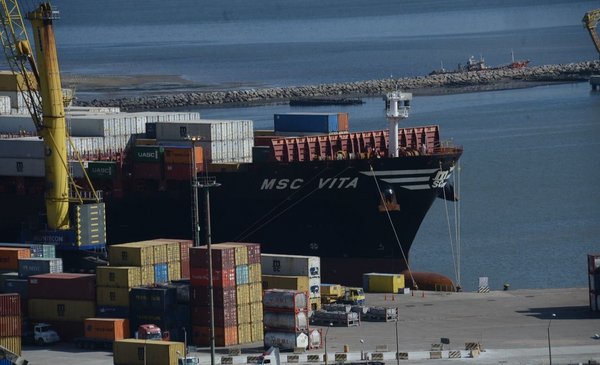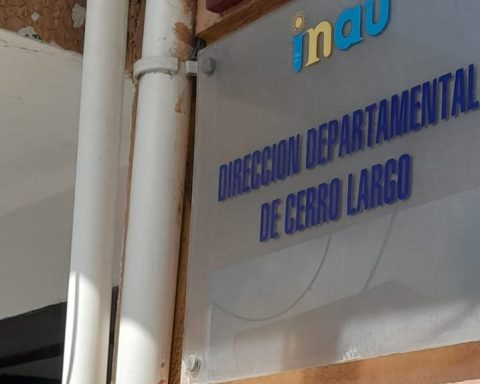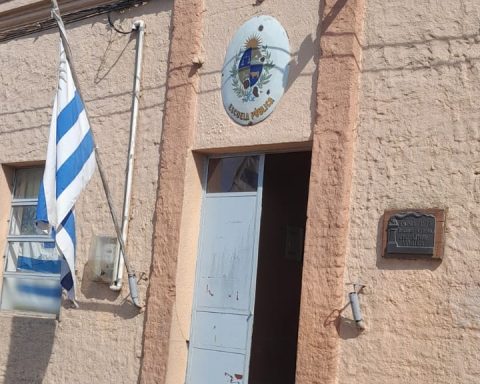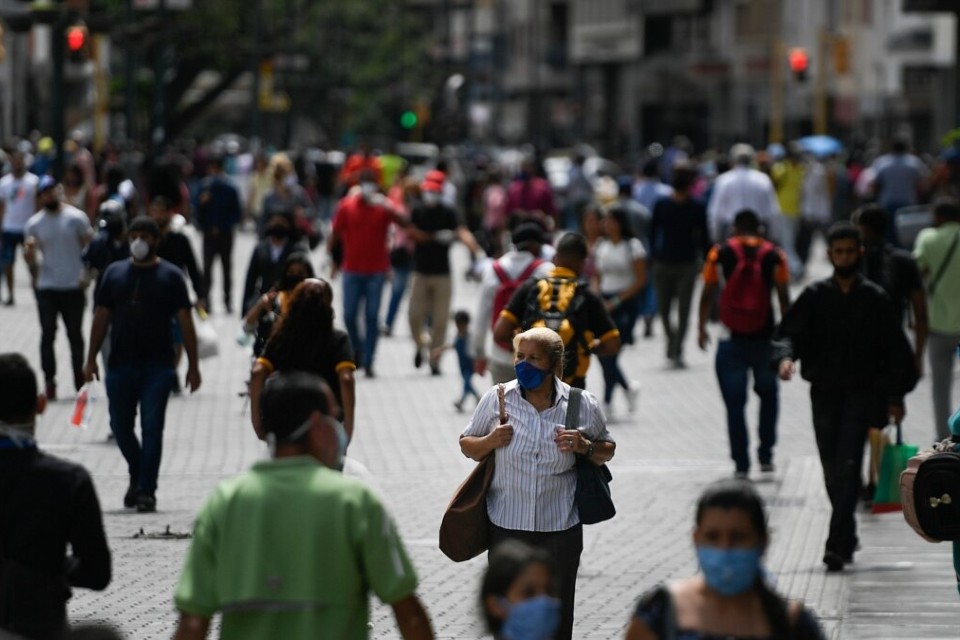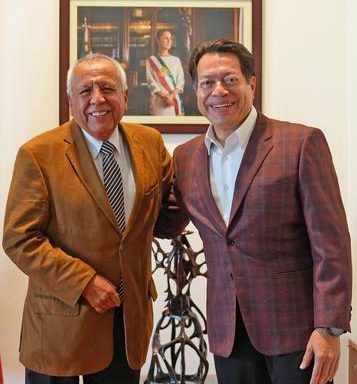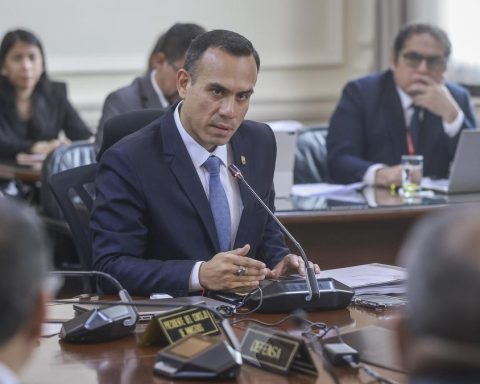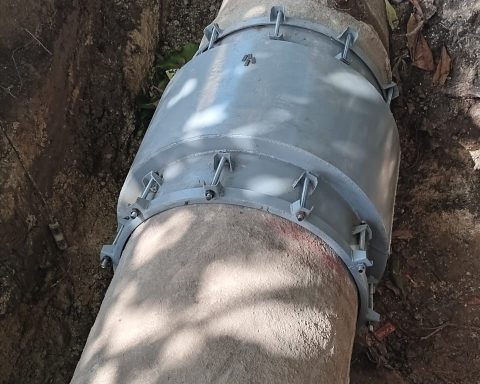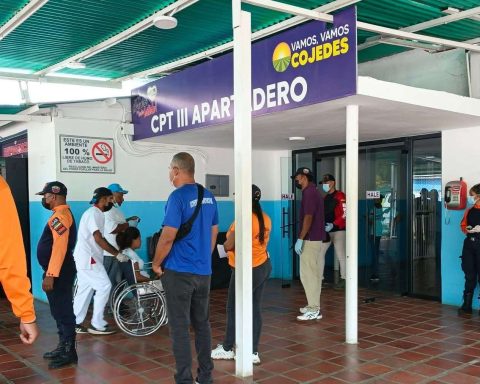The shareholders of the Montecon company decided to initiate an international lawsuit against the Uruguayan Stateafter not finding a way out of dialogue in the negotiations with the government.
This happens one year after the Executive Branch agreed to extend the concession of the specialized container terminal (Terminal Cuenca del Plata –TCP–) for 50 years until 2081, to the Belgian company Katoen Natie.
That agreement spared Uruguay an international lawsuit for US$ 1,500 million, but at the same time it was a severe setback for the interests of Montecon (the main container operator in the public docks of the port of Montevideo) and revived an old dispute between the two. companies.
Along with this agreement, a new berthing regulation was approved that ensures TCP priority for container operations.
Now the groups that own Montecon (Ultramar 60% of shares) and (ATCO 40% of shares), will submit their claim to arbitration in order to challenge the State’s agreement with Katoen Natie.
From the government they told The Observer that they had not yet received a formal or informal communication from the company, and that they will wait for the news to define the steps to follow.
While the issue that has already led to a questioning of the former Minister of Transport Luis Alberto Heber as well as a criminal complaint by the opposition, in the Executive they have not stopped defending what in their opinion was a proceeding according to law and “beneficial” for the country, since it came tied to a millionaire investment from TCP, who was granted the specialized terminal until the year 2081.
The Montecon’s general manager, Martín González, told the weekly Brecha on Wednesday that the international demands will be from its shareholders, who “are going to defend their interests and their investments in Uruguay.” “We are in the process of presenting the letters announcing these arbitrations and, surely, in the coming weeks there will be information about it,” he said.
According to González, although in December the authorities of the company and the Presidency resumed the dialogue and met in the Executive Tower to look for alternatives that would leave “all parties satisfied”, these did not prosper. Now, as he indicated, there is no instance of negotiation with the government in this regard.
“None of that crystallized. The summer passed and we were never summoned to any meeting or negotiation schedule, as had been scheduled, and it has been almost five months since that instance,” he summarized.
Leonardo Carreno
The transfer of services
The activity and operations of the port of Montevideo already have modifications in the direction of centralize container operations in the specialized terminal TCPwhich has the Belgian Katoen Natie (80%) as its main shareholder –the remaining 20% belongs to the National Ports Administration (ANP)–.
The new berthing regulations it was put into practice for the first time in November last year. In this scenario of change of rules, the GS1 line –which covers the Gulf of Mexico, Central America and South America route– stopped operating with Montecon and switched to TCP. That line makes about six monthly calls with the port of Montevideo.
In turn, at the beginning of this month the shipping company Mediterranean Shipping Company (MSC)communicated from its headquarters in Geneva that it will stop using Montecon for one of its Montevideo-Mediterranean services, and will start operating at the specialized terminal in the second half of April. There are three other MSC services from Montevideo to other parts of the world, of which Montecon maintains only the one that connects with Northern Europe.
González, general manager of Montecon, told The Observer that the shipping company expressed as a reason for its decision “the serious uncertainty that is generated in the port of Montevideo”, from the new docking decree. “They have to try to generate certain certainty to continue the business. It seems logical to us”, affirmed the executive of the company.
The new docking protocol says that the ANP must prioritize the docking of container ships and barges at TCP. The public docks will be the second option in case the specialized terminal is occupied during the 24-hour period. In this case, the transfer of MSC services occurs by the shipping company’s own decision, and not by obligation, which is what would have happened if the new regulation had been applied.
In the legal and political discussion about the new decrees, the government and Katoen Natie point out that the priority for TCP is adjusted to law and above all to the tender for which the terminal was awarded in the first instance.
From the ruling party’s point of view, violations of the law and “unfair competition” occurred during the Frente Amplio governments, when Montecon was authorized to operate as a specialized terminal without having won any tender.
The vision of Montecon and the current opposition, on the contrary, points out that the extension of the concession to TCP and the new regulations violate the “free competition” committed to in the ports law, as well as other later decrees.
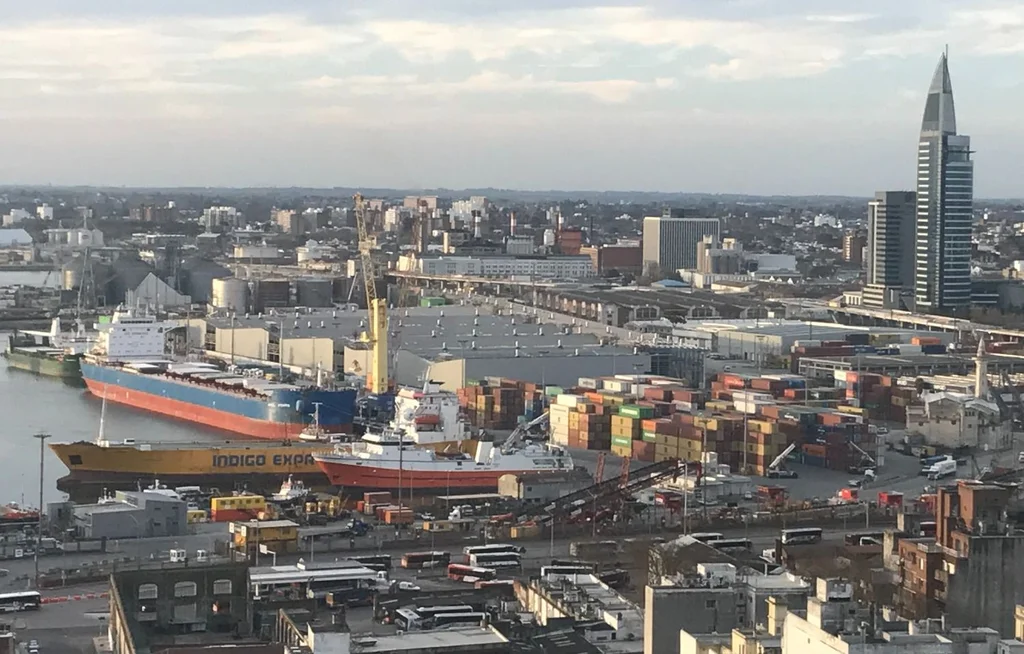
john samuel
The numbers
MSC’s decision implies for the firm the loss of 100,000 movements per year, added to the 80,000 movements lost in November with the passage from GS1 to TCP.
According to González, from November to date Montecon lost 70% of the volume of activity. “Specifically with the numbers to March that we had been moving, the exit of this service implies losing 50% of the movements that we had. We started to have an annual movement similar to what we did in 2006”, he stated.
“The current decree is very bad for the port and for the country. It generates a de facto monopoly and has the government somehow pointing the finger at which services go one way or the other. It is totally against the nature of the free market logic where the ports are going”, argued the executive.
The company currently employs around 395 people directly, and around 200 indirectly. A week ago, Montecon conveyed to authorities from the Ministry of Transport and Public Works (MTOP) and the ANP its willingness to go out and get another service, as far as possible with a size similar to that of MSC.
“We do not want to target labor sources and start a policy of bailing out and reducing, which would ultimately imply in some way an acceptance of these rules of the game that we are absolutely against (…) The goal is to try to maintain the volume of work. We are playing a game with a sloped court and a lot of disadvantageous situations”, said the executive.
As reported by La Diaria last week, from TCP they indicated that with the service that now begins to dock at the specialized terminal, the capacity to receive new lines is full until the expansion works are completed, whose term would be three years from now. If this situation continues, the transfers provided for in the protocol of the new berthing regulation will be put on hold again, but this time for a longer period.
